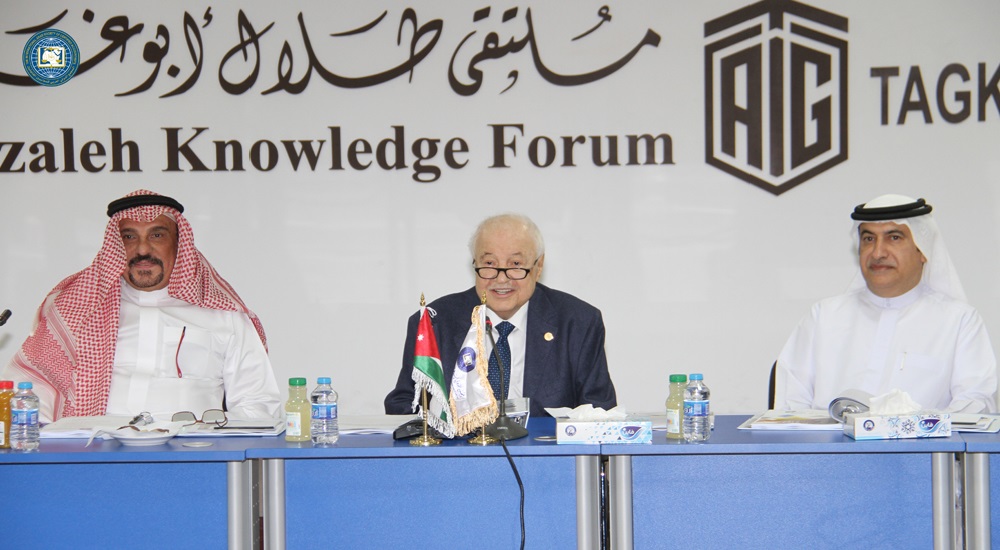Dr. Abu-Ghazaleh Chairs IASCA Annual Meetings
16 Oct 2023
In Conjunction with its 40th Anniversary
AMMAN - The International Arab Society of Certified Accountants (IASCA) has held the annual meeting of its Board of Directors and General Assembly, under the chairmanship of HE Dr. Talal Abu-Ghazaleh, ISACA chairman. The meeting was attended by a group of IASCA's professional members from different Arab countries.
During the meeting, the Society’s annual report, the financial statements, and the budget were reviewed and various other essential issues of interest were discussed, including, climate change and its impact on the environment in light of the accountability's relevance that determines the responsibility of the businesses and entities that contribute to climate change at the global scale.
Furthermore, Dr. Abu-Ghazaleh emphasized the necessity to continue making intensive efforts to encourage Arab countries to embrace the International Public Sector Accounting Standards (IPSAS) and shift from the cash basis to accrual basis accounting. To facilitate this shift, IASCA has prepared and developed a detailed guidance plan to provide support and assistance to Arab countries in adopting the IPSAS standards.
Dr. Abu-Ghazaleh continued by highlighting the importance of addressing issues of illicit funds and money laundering controls, to contribute to the fight against money laundering and the illegal financing of terror.He also announced that IASCA will publish a comprehensive handbook on ‘Anti-Money Laundering and Terrorism Financing’ which will be provided to ministries and concerned authorities in Arabic and English to effectively serve as a guide and reference in this regard.
The International Arab Society of Certified Accountants (IASCA) was established as a non-profit professional accounting organization on January 12, 1984, in London - UK, and was officially registered in Amman in 1994. IASCA aims to improve the science of accounting, auditing, and other related subjects at the international level, as well as to maintain the professional independence of accountants, ensure their protection, and apply professional supervision standards as a means of upgrading the accountancy and auditing professions.





